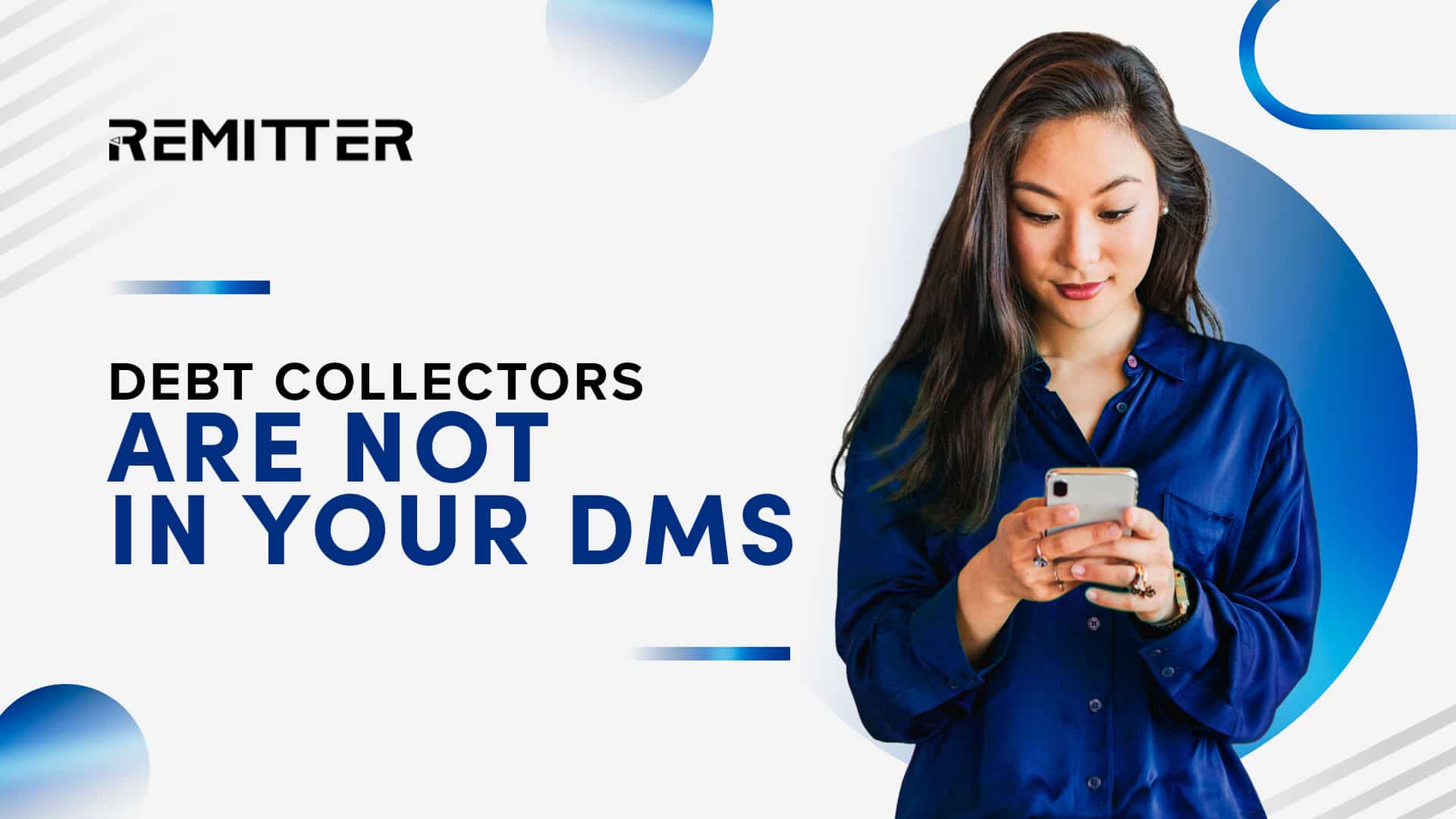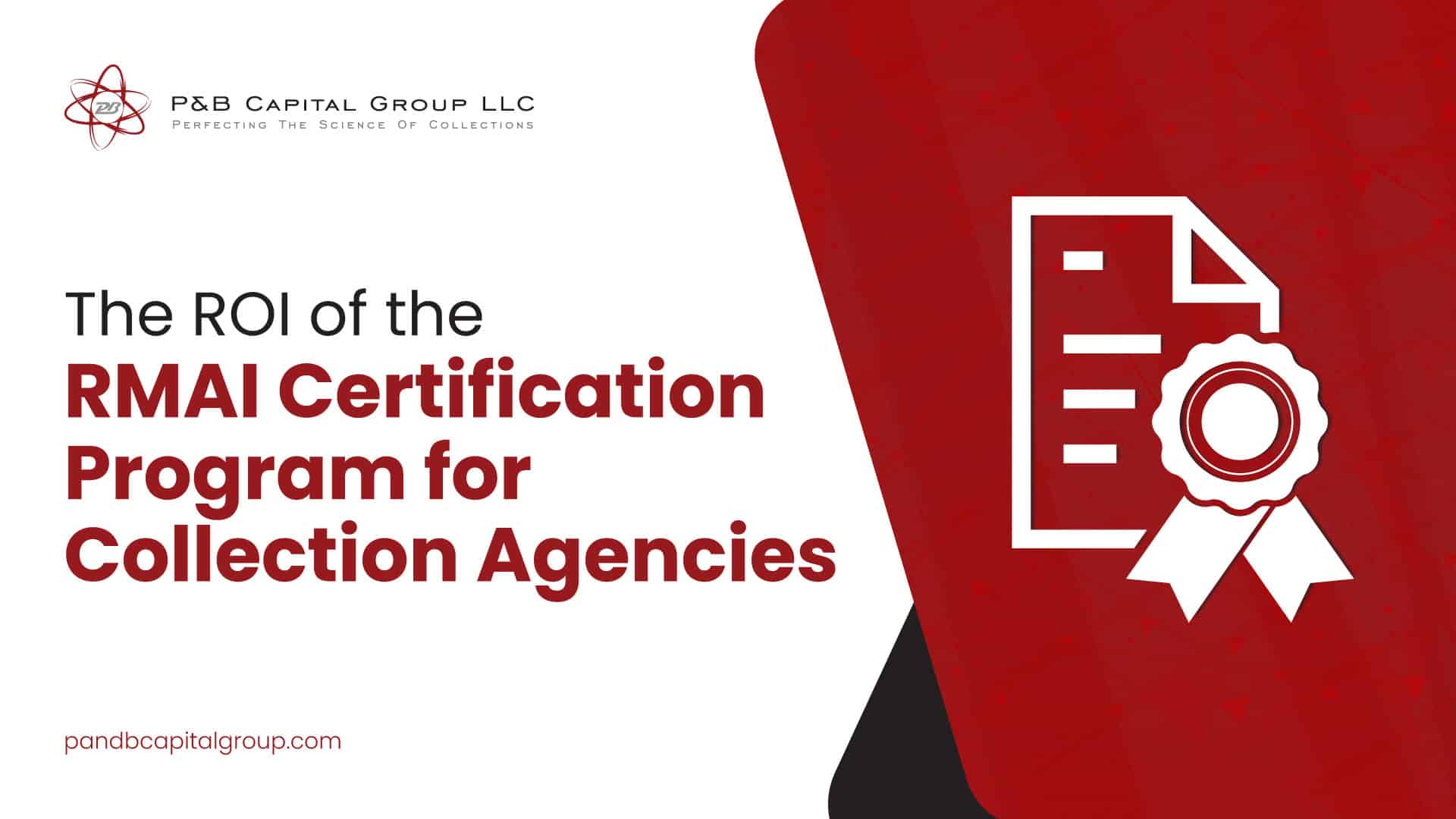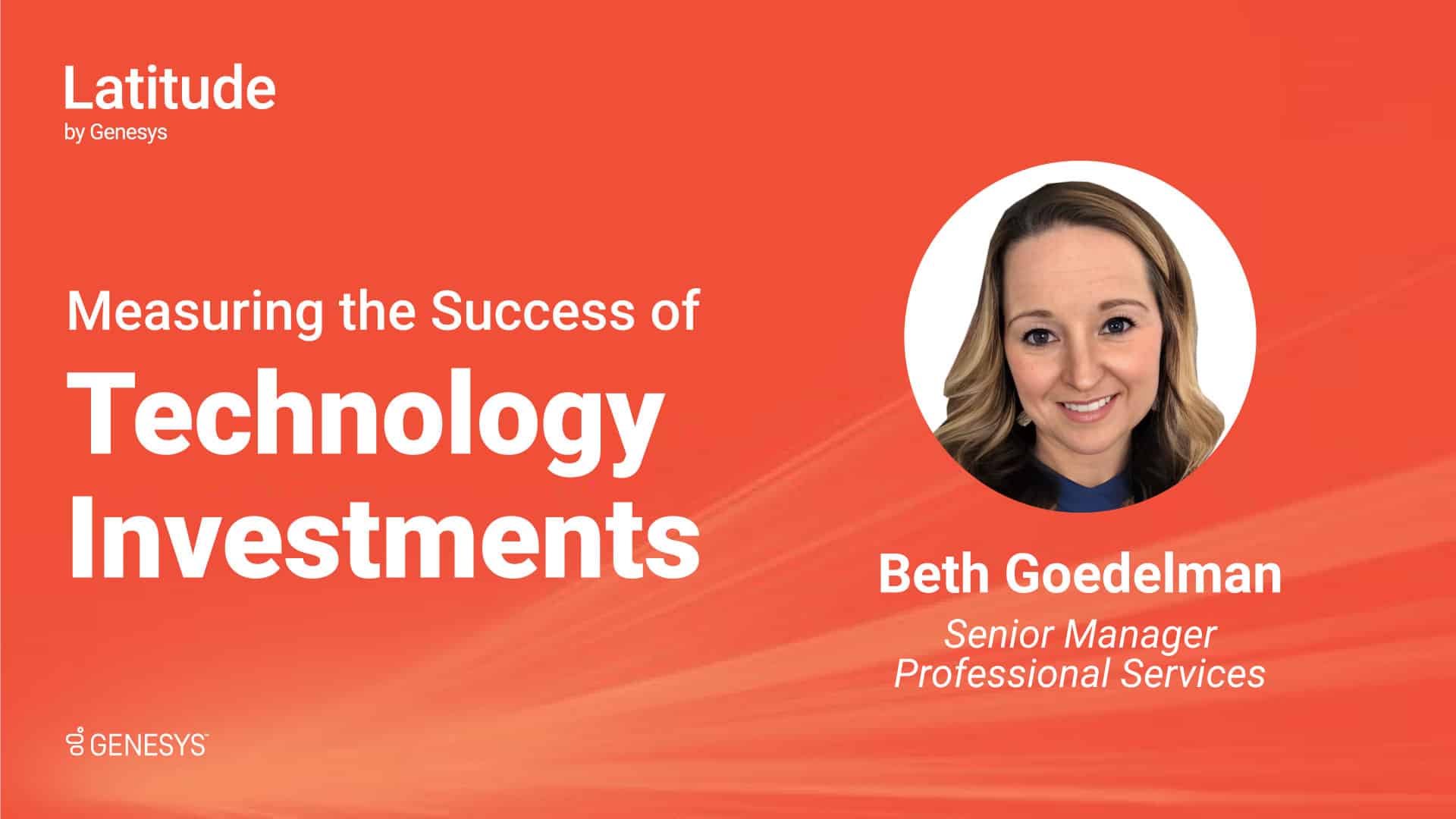
Debt Collectors are Not in Your DMs
In November 2021, a new Debt Collection Rule (Regulation F) under the umbrella of the overarching Fair Debt Collection Practices Act (FDCPA) went into effect. The update was significant in terms of detailing guidelines regarding electronic communications, as there had been no revisions to the Act regarding these types of communications since the FDCPA originally became legislation in 1977. Changes were largely based on the need for regulation to be brought up to speed with modern technology and current consumer preferences. Some have claimed that debt collectors are now rushing to social media to contact consumers, but this is not the whole story.
Although many financial institutions and consumers had already begun to embrace text and email communications, much of the debt collection industry still cautiously adhered to more traditional phone and mail communications due to the lack of regulatory specificity surrounding digital communications. Contrary to common portrayals of debt collectors, most businesses in the industry are eager to remain compliant and in alignment with evolving consumer preferences; not only is that approach right and just, it’s also better for business. The rollout of Regulation F provided the safety netting the industry was waiting for to venture into digital communications with more regulatory clarity and illumination.
Regulation F Communication Rules
The new rules specifically address the use of digital communications channels for contacting consumers, including email, text (SMS) messaging, and social media platforms. This is a boon for consumers, as surveys consistently show that consumers increasingly favor convenient, mobile-friendly, digital communication and account management when it comes to all types of personal finance and payment transactions.
There are guidelines in the new rule about the use of direct messaging on social media platforms to contact consumers. The three major points of social platform use in debt collection are:
- Messages must be private (no posting where all your friends and family can see).
- Collectors must immediately identify themselves as collectors (no deceptively sliding into friends lists).
- Opt-outs must be provided in all communications (same as with text and email).
Room for Enforcement of Reg F
The spelling out of what not to do leaves the door open for clear enforcement action if a business were to not adhere to the guidelines. The good news is that businesses operating with integrity would recognize and honor these provisions anyway. Enforcement by the CFPB over the last decade has helped to root out the “bad actors” and allow forthright professionals to thrive, as the recovery of outstanding balances is an economic criticality for businesses and the credit ecosystem despite the industry’s historically ill repute.
While the sound of “debt collectors in your DMs” makes for alarming headlines on popular news outlets, the reality is that direct messaging communication guidelines were laid out proactively by the CFPB for the protection of consumers. Debt collectors are not chomping at the bit to be released onto social media and “slide into your DMs.” The Consumer Financial Protection Bureau (CFPB), the entity responsible for developing and enforcing the regulation, exists to protect consumers and their rights. If the organization has a bias toward corporations or consumers, the answer is transparently and undoubtedly that the focus is primarily on consumers.
Business Process Realities
While a debt collector can contact a consumer via social media messaging, this does not mean they will. Debt collectors are businesses, and like any business, they are motivated to succeed. Retaining good clients means providing good services and a sustainable business model. That means processes need to make financial sense, produce a likelihood of payment, provide positive customer experiences, and avoid unnecessary lawsuits.
Automation is increasingly enhancing routine communications and reducing the need for individualized communications. If a collector does contact you personally, pre-approved scripting is in full force. So fear not—collector attempts to personally engage in your DMs in such a way as to make you uncomfortable or invade your privacy are not in anyone’s best interest. If anything, expect unobtrusive, professional verbiage with clear opt-outs. For now, however, the efficiency and reliability of social media DMs, as opposed to email and SMS, are not currently in favor of DMs for business use. There are significant difficulties to consider when it comes to mass communications on third-party platforms, and the goal of all digital communications is a positive user experience.
Current Receivables Industry Climate
The debt collection (aka receivables management) industry climate, like that of the financial services industry overall, is that consumer preference and user experience are of top priority. The pre-CFPB era of debt collection is gone, and the industry has long since embraced self-regulation, high standards of professionalism and corporate trustworthiness. Trade associations such as ACA International and Receivables Management Association International (RMAI) provide ongoing member development and education as well as top-tier certification standards.
As former CFPB Director, Kathleen Kraninger, said herself when the regulatory updates entered drafting in 2020, “We are finally leaving 1977 behind and developing a debt collection system that works for consumers and industry in the modern world.” Consumers are not only receptive to SMS, email, and digital payment platforms—they increasingly prefer these options. Your bill-paying and banking habits are likely testaments to this reality. Regulation F opened these options to consumers and collectors to catch up with where the world has already gone. With more and more digital-native account originations, it makes sense to keep communications digital throughout the lifecycle of accounts for congruent customer journeys.
Remitter on Digital Communications
At Remitter, we offer solutions that leverage the power of our proprietary AI engine to automate and boost collection strategy and enhance the customer experience with mobile-first digital technology. We look forward to talking with consumers through their preferred media, which someday may be social media. Until then, our email, text, DirectDrop Voicemail and payment portal options are prime examples of how sophisticated digital technologies have become the norm in improving the customer experience through increased automation and self-serve options. The future of collections is here.
About Remitter
Remitter is a white-labeled digital communication and collection platform powered by AI that helps lenders to maximize revenue by optimizing customer engagement and improving collection rates. Our service suite offers code-driven compliance while protecting brand reputation and providing a mechanism to scale without adding FTE. Our technology intelligently adapts to consumers by optimizing messaging, channel preference, and language. The fully automated, mobile-first solution empowers consumers to self-serve with AI-enabled responsiveness creating more favorable customer experiences by embracing consumers on their terms.




